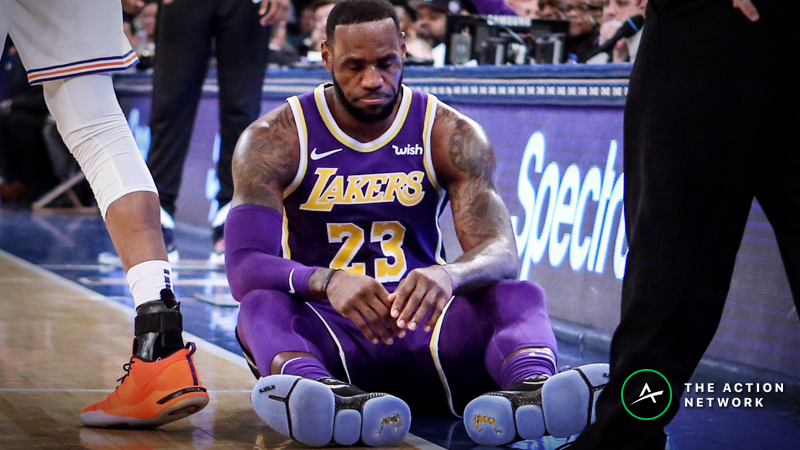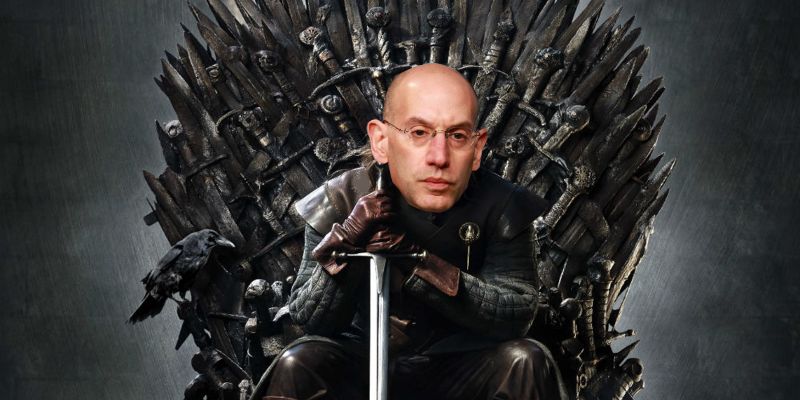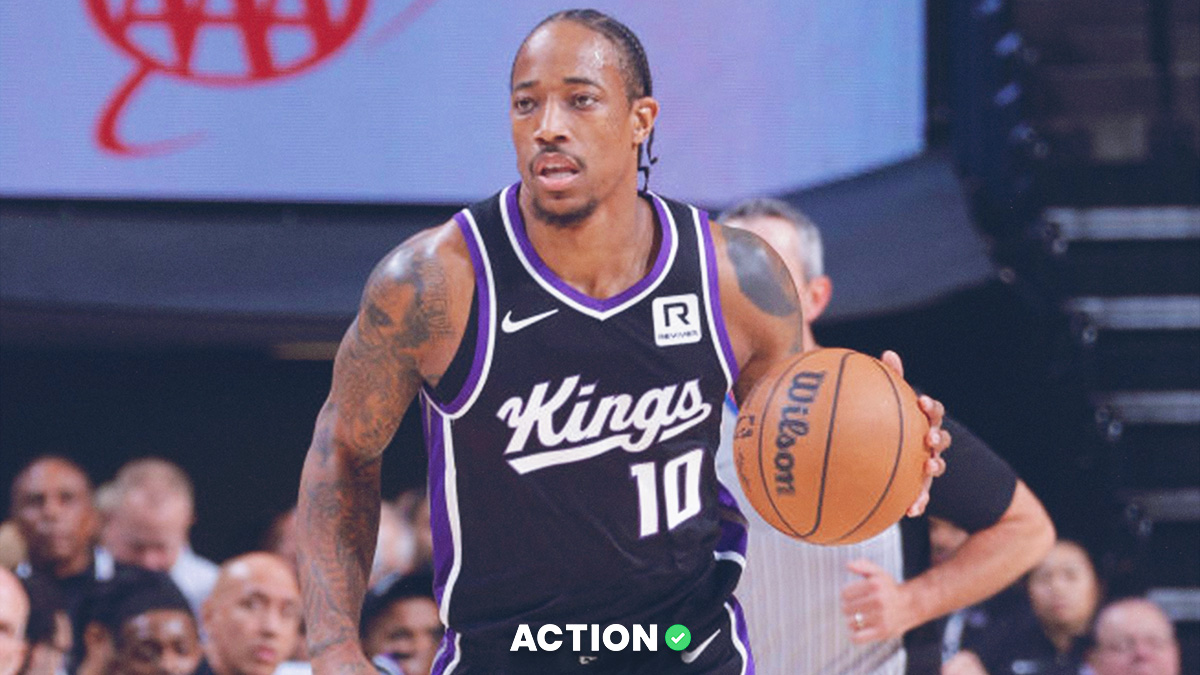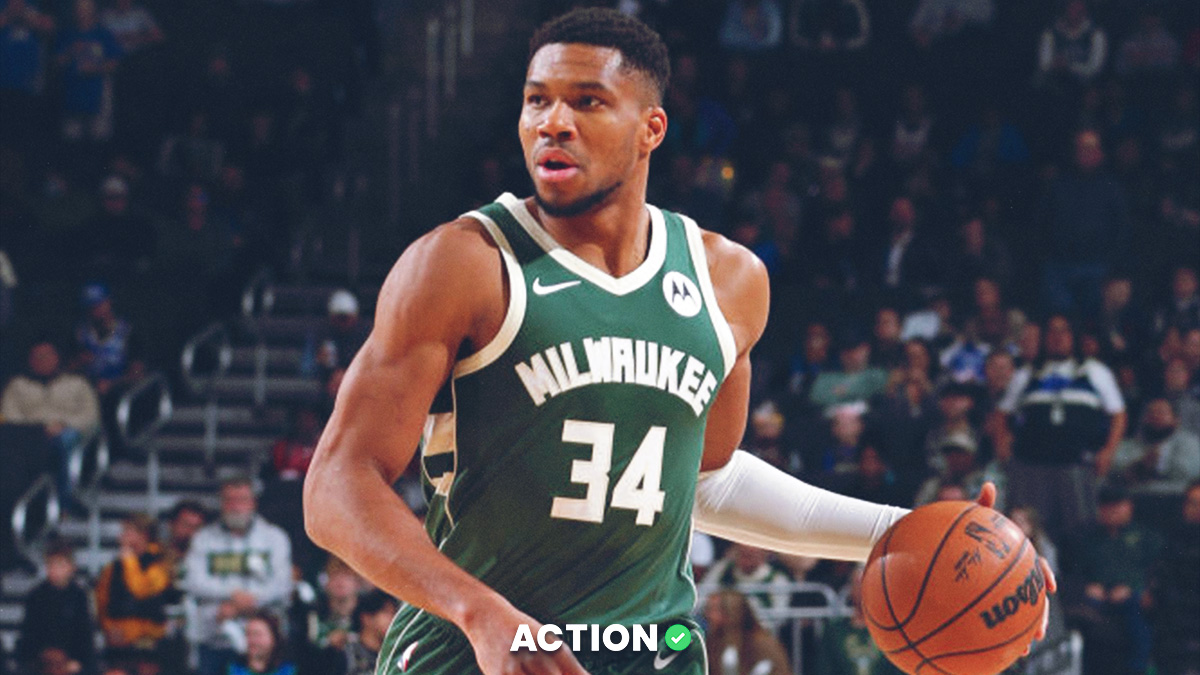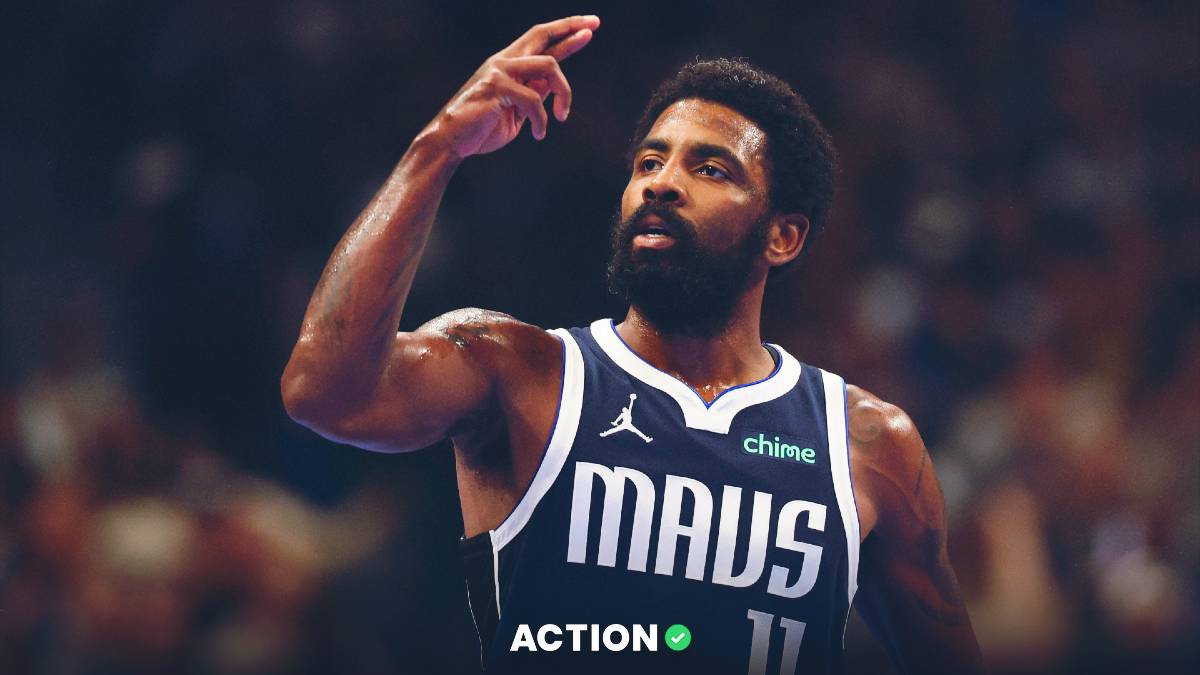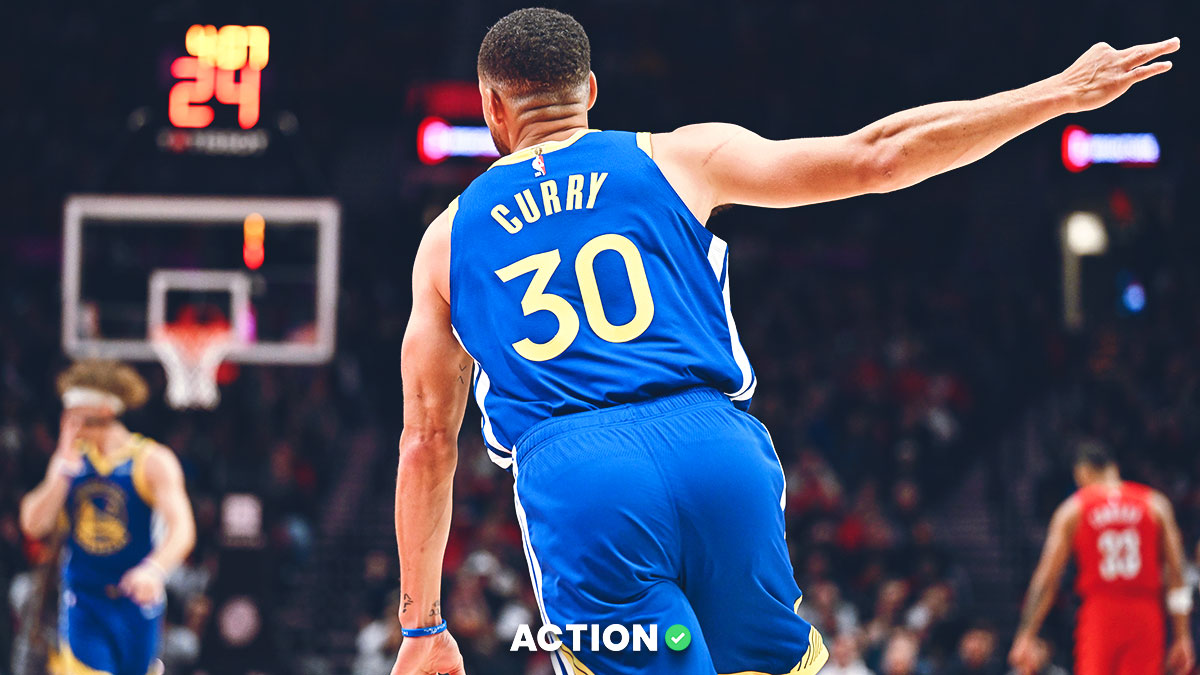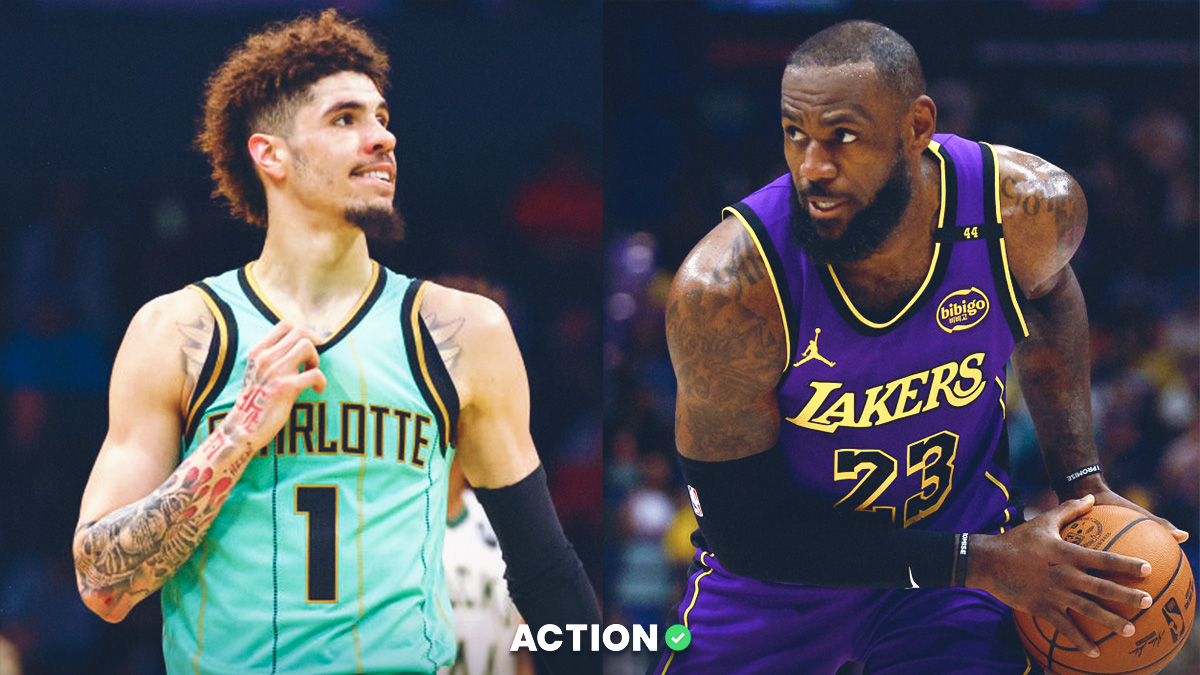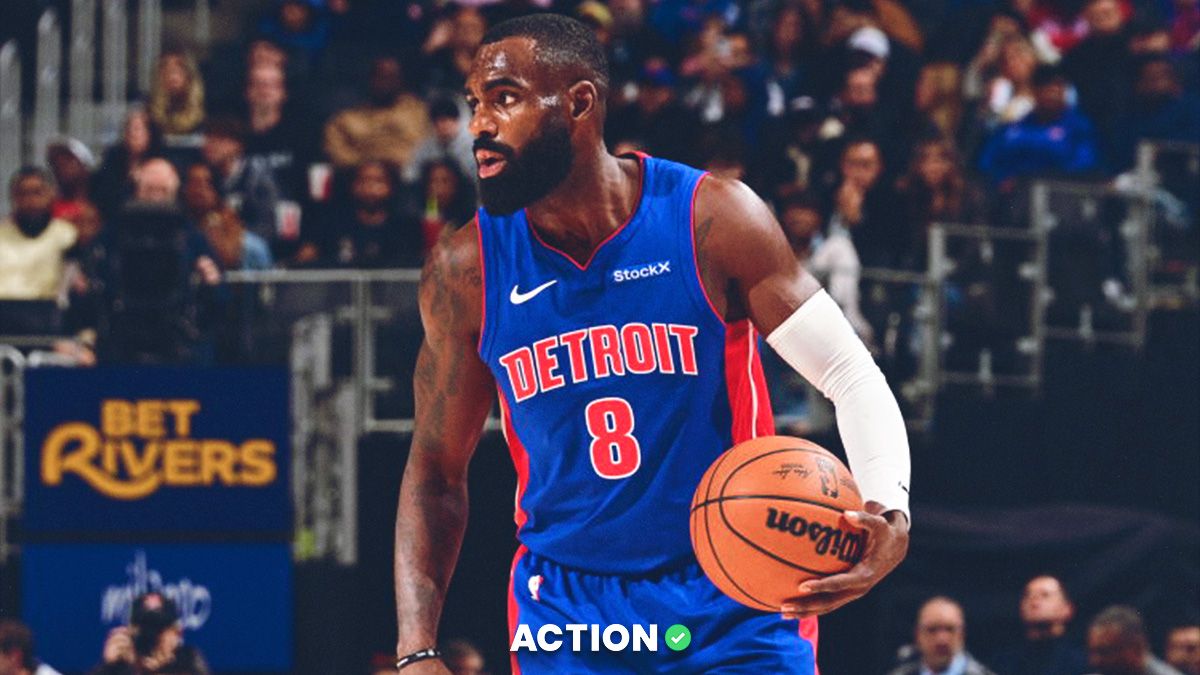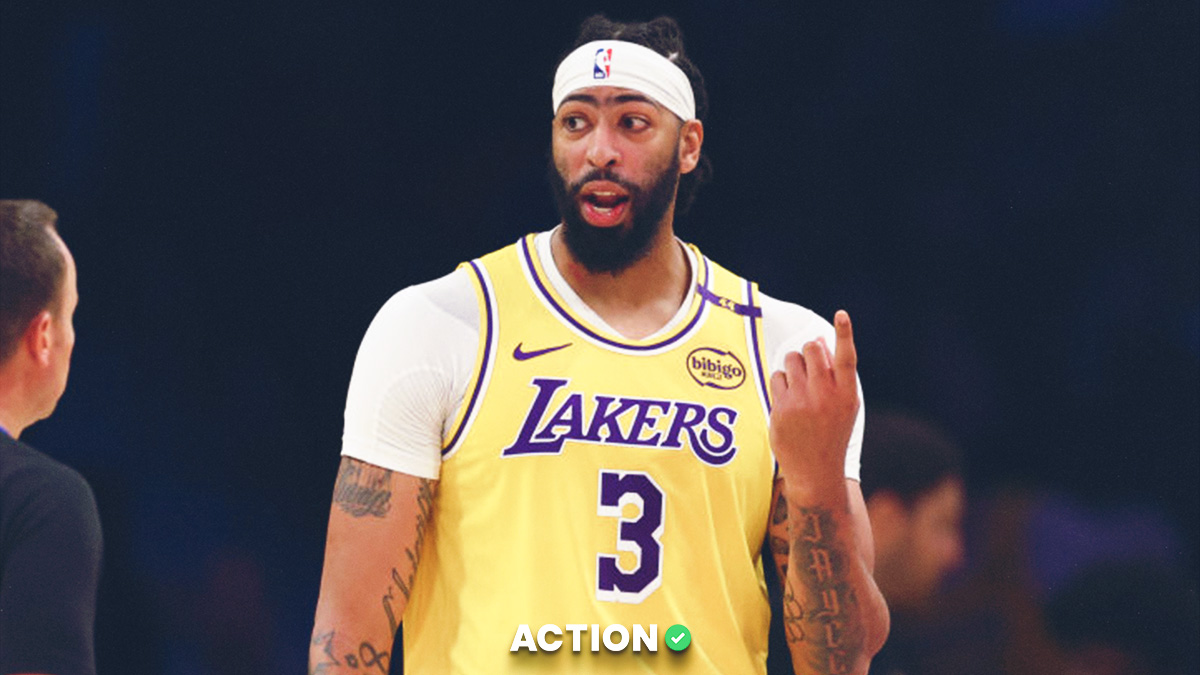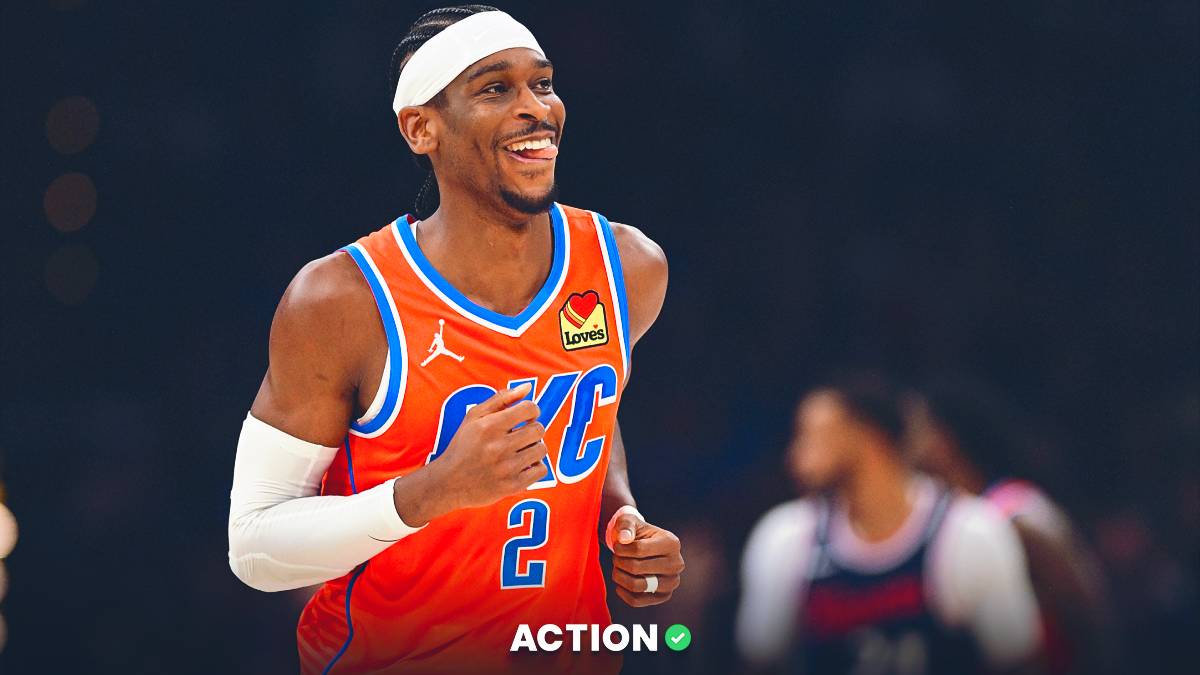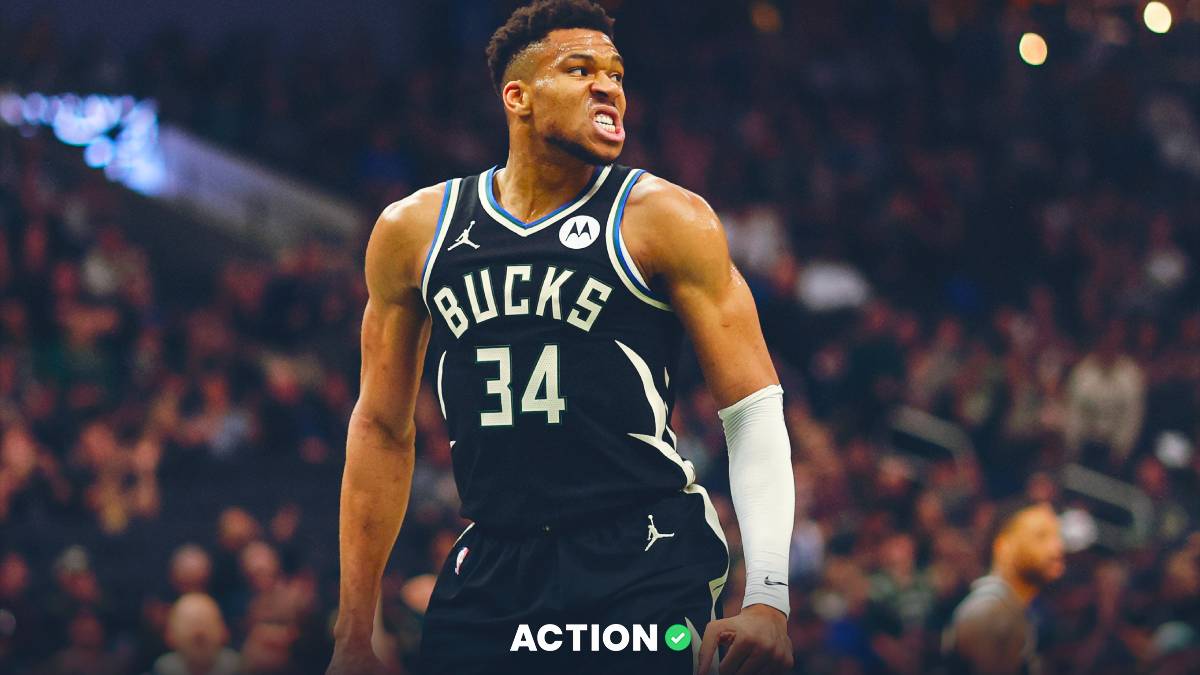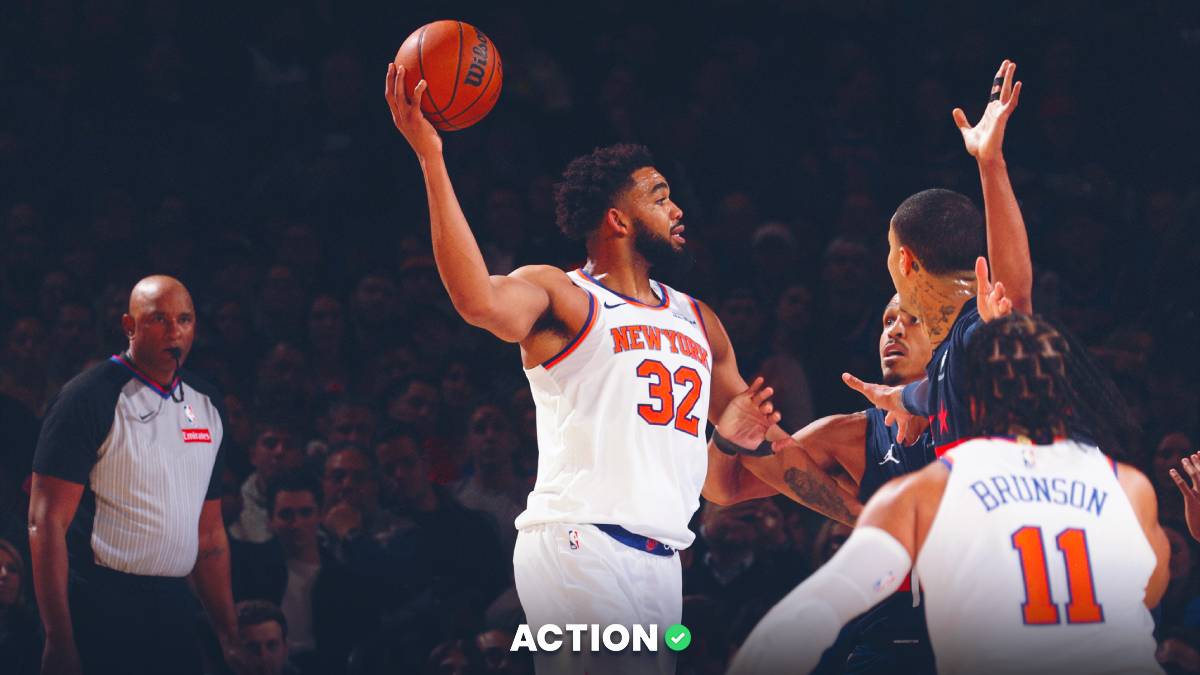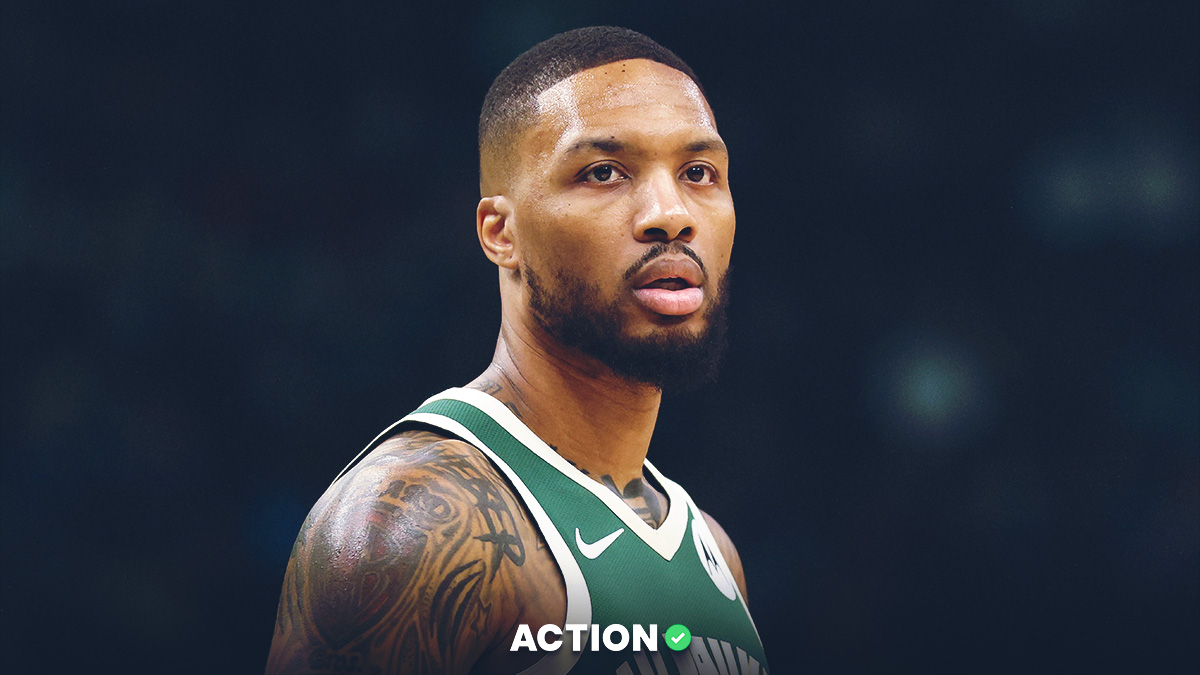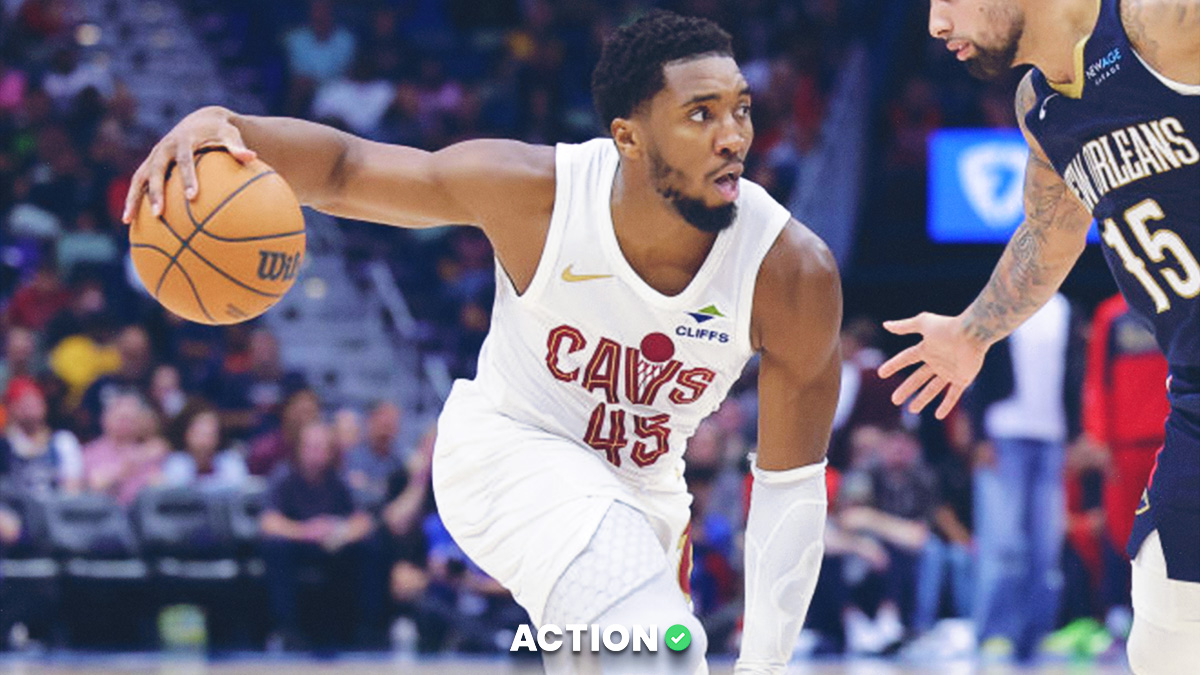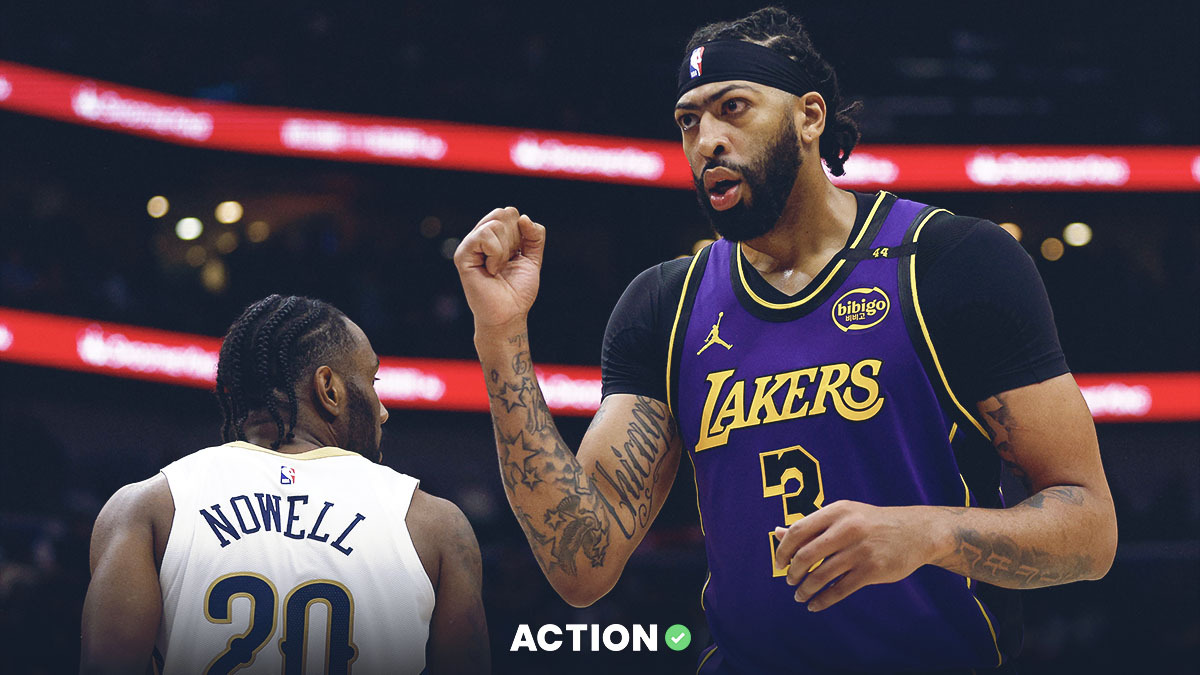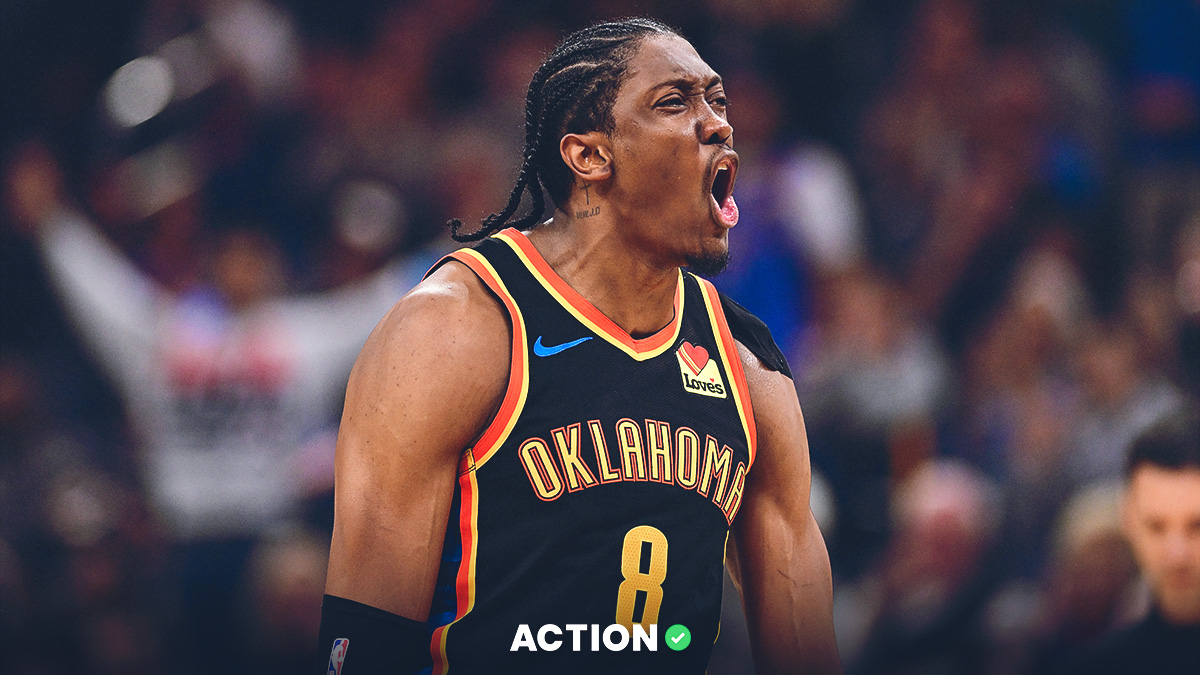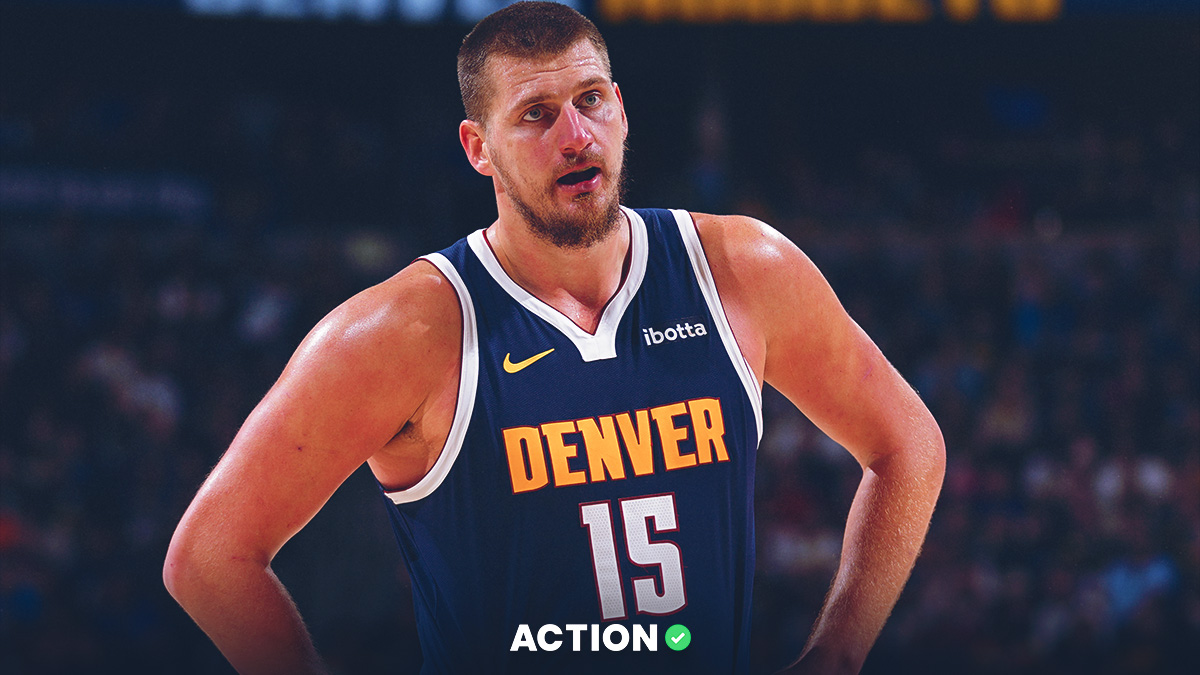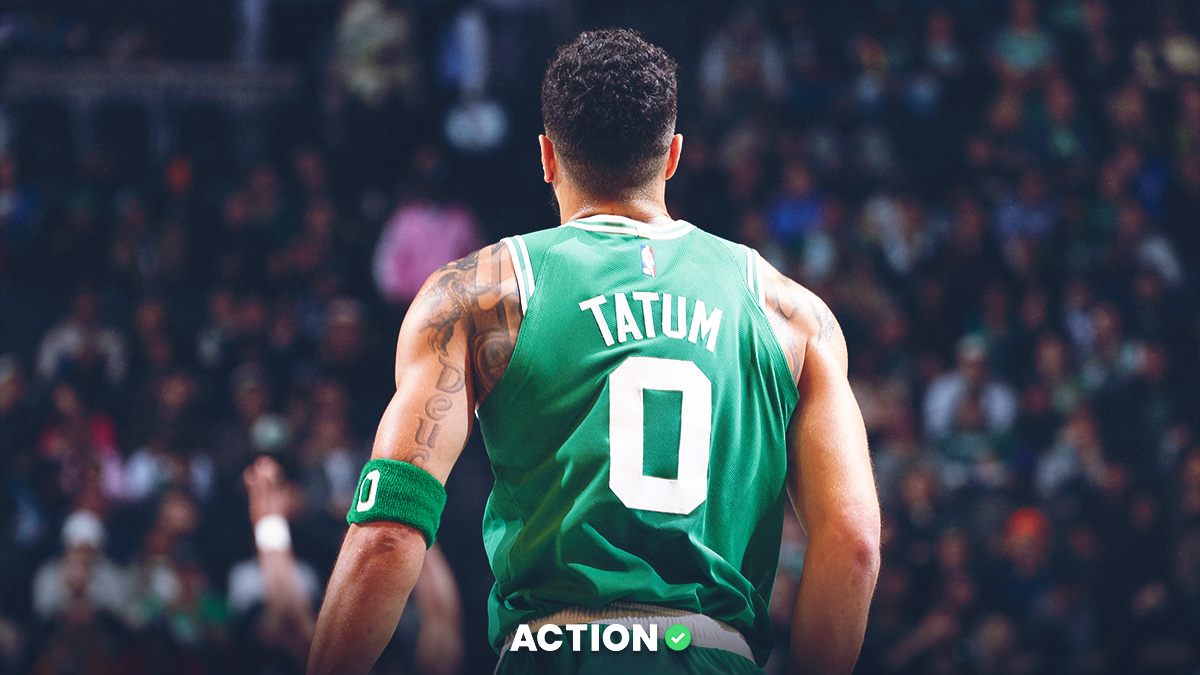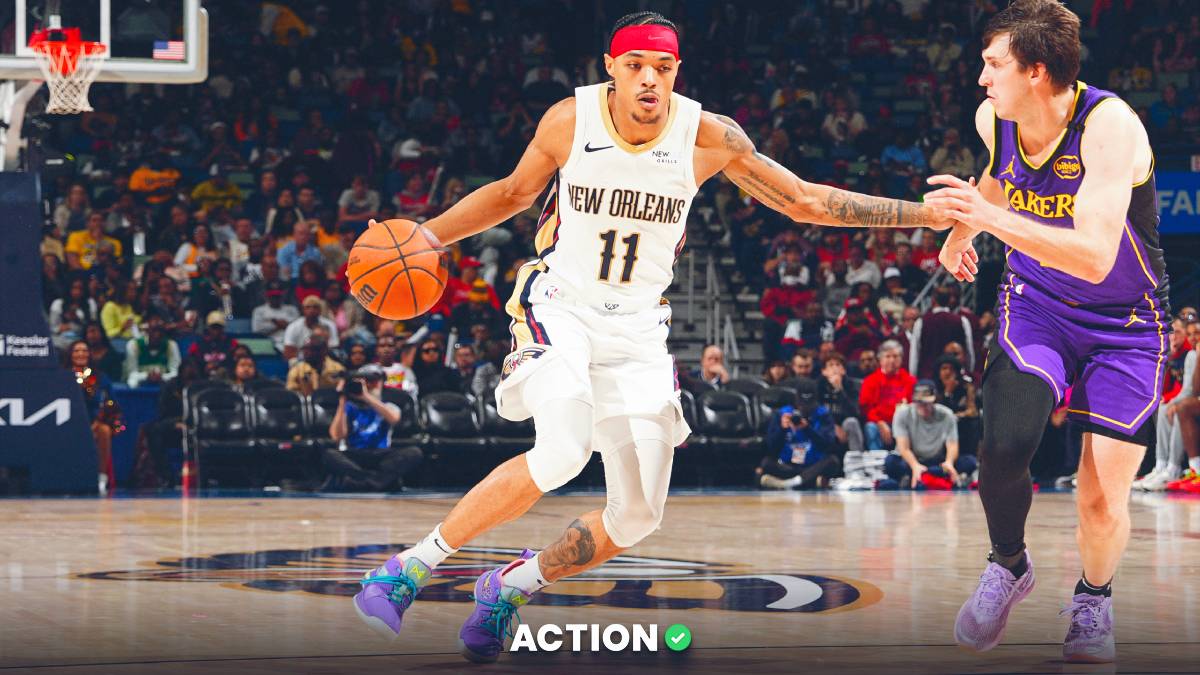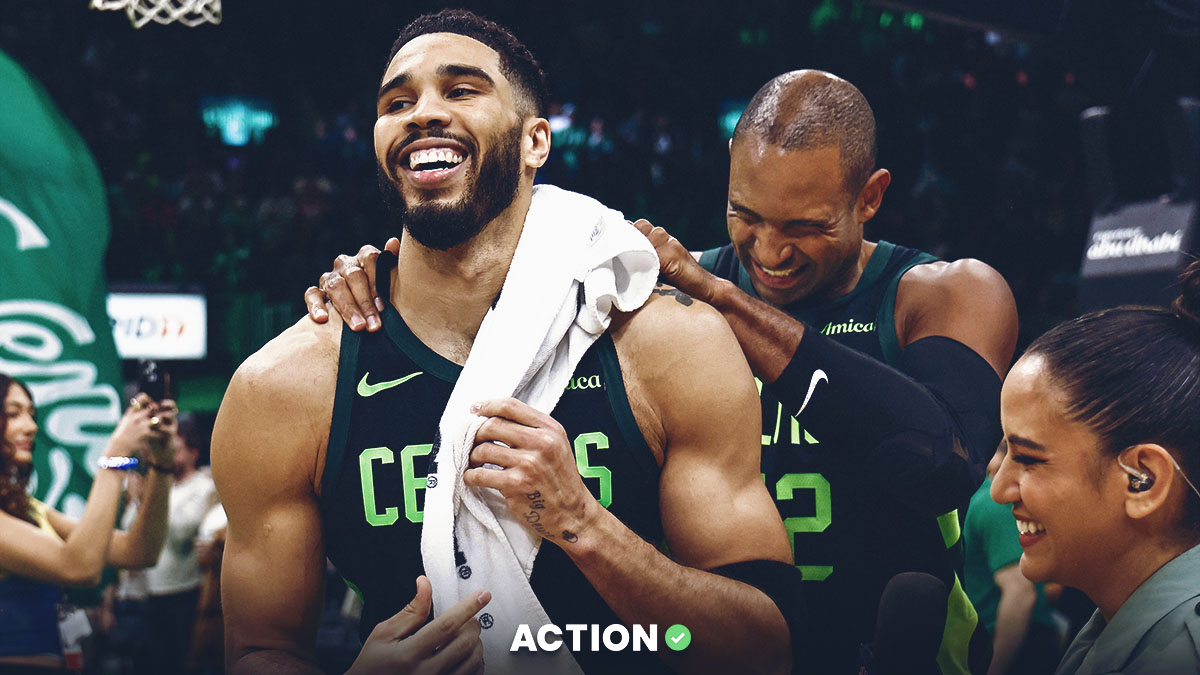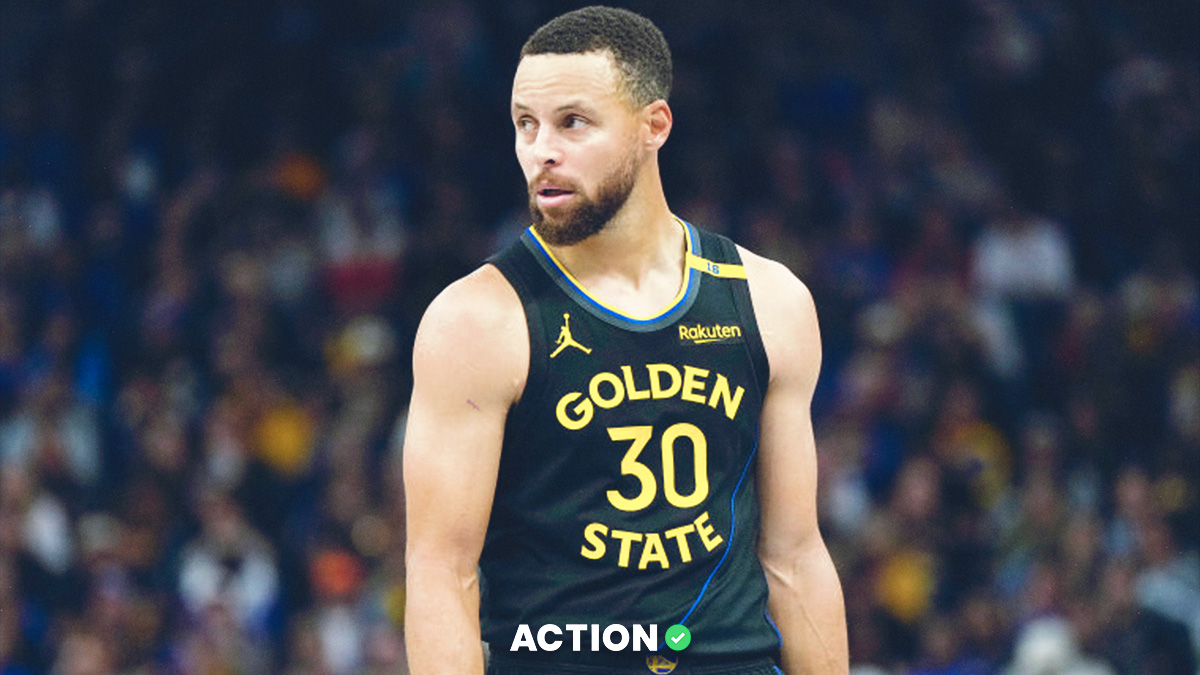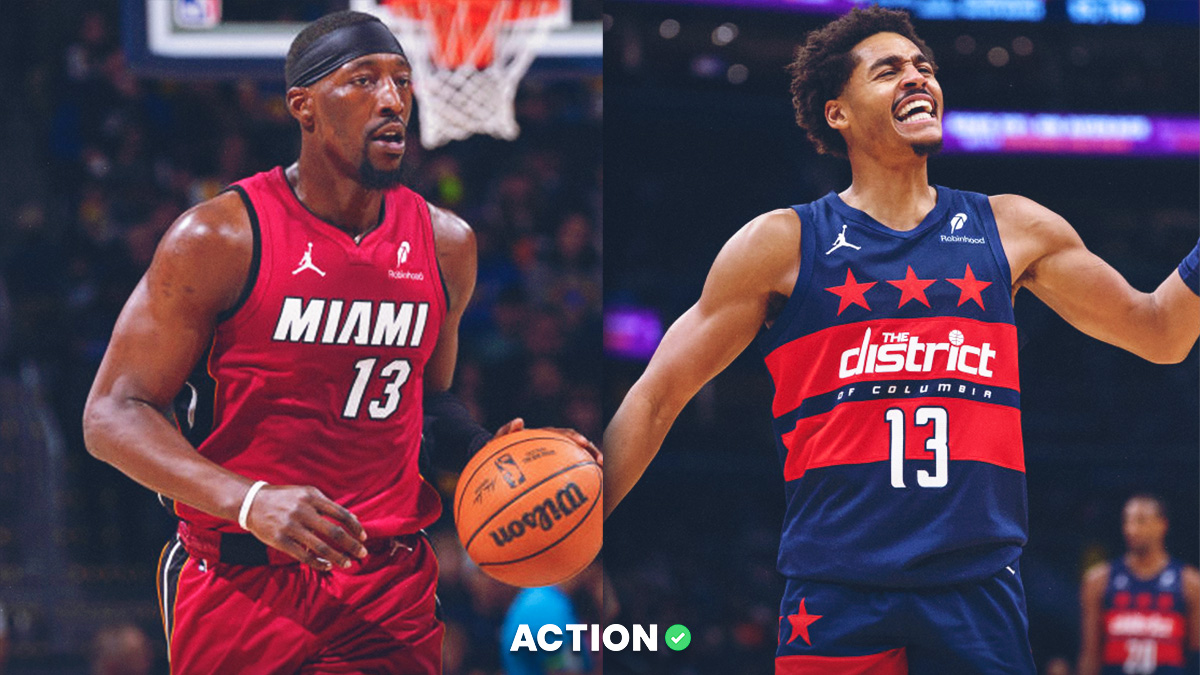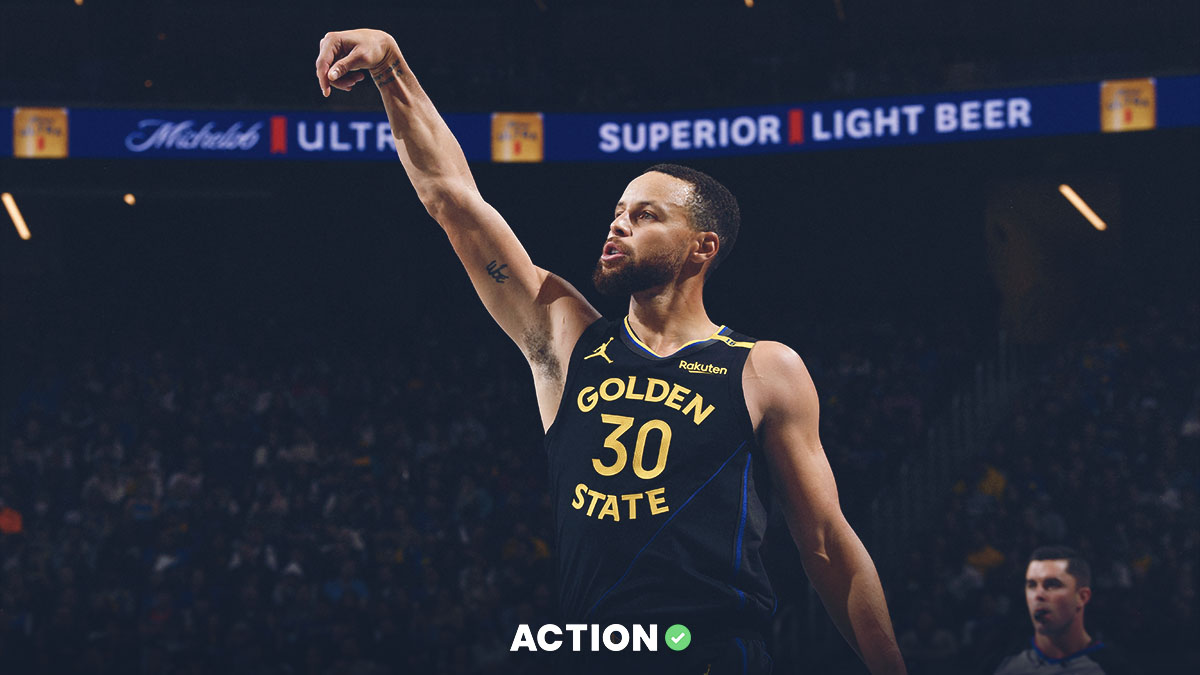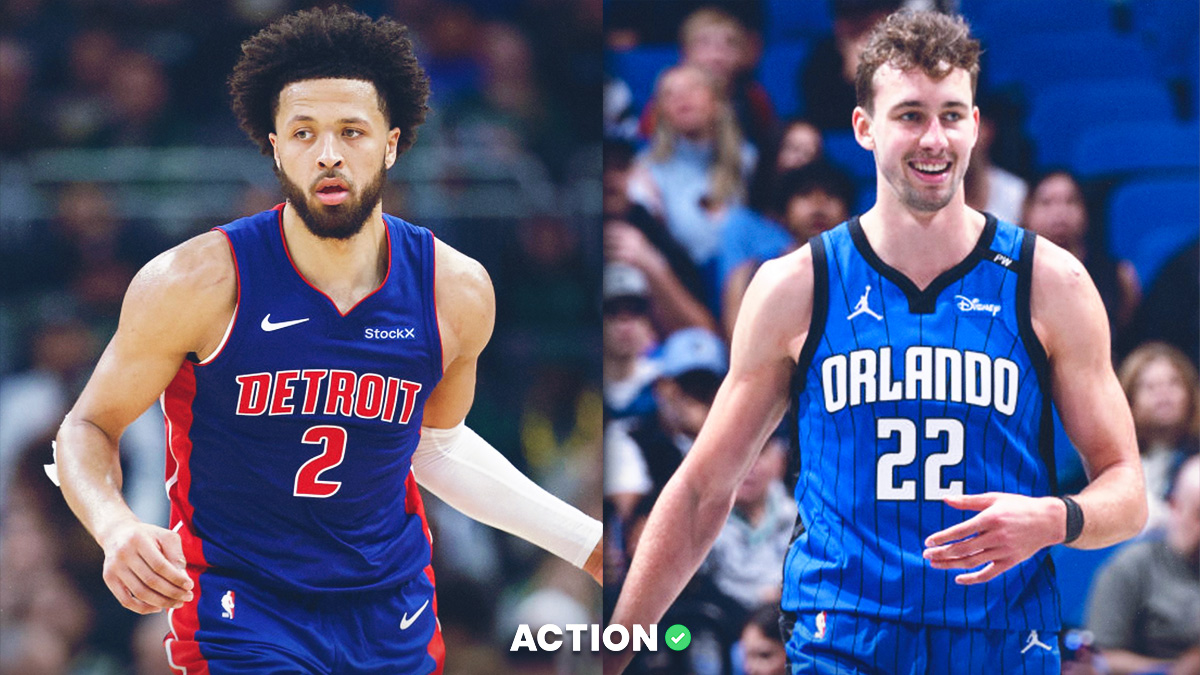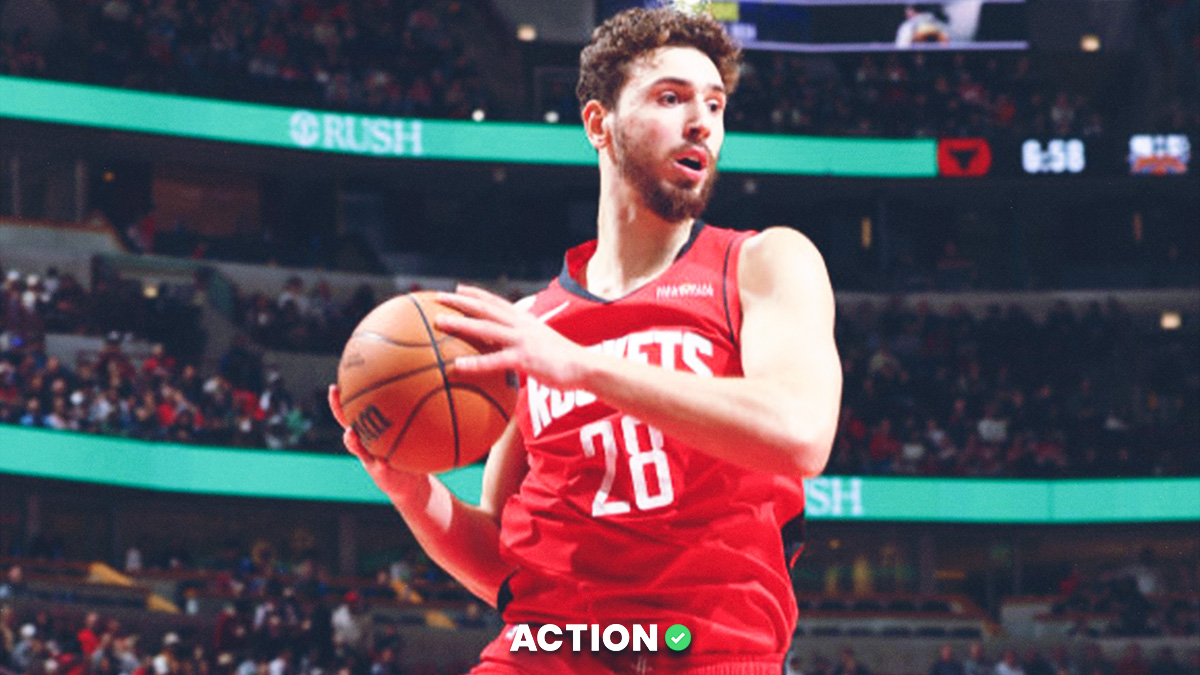Was it fate? Bad luck? Tactical team-building errors? Mistakes in leadership? The decline of LeBron James? An overestimation of a group of young players still trying to define what they're great at? Too much faith in a veteran group of castoffs as supporting players?
The Los Angeles Lakers are going to miss the postseason. For the first time in over 14 years, LeBron James is going to miss the playoffs. There are bad seasons, and then there's what happened to the NBA's premier franchise over the past four months.
But what was the actual lowest point of the season?
The Fool's Gold
I need to stress that the Lakers were good. They were tied for the fourth seed in the West on Christmas Day before the injury to LeBron. Their record was good, their win profile was good, their metrics were good.
I just want to look under the hood for a minute.
In November, they went 10-4, responsible for a third of their total wins this season. It was by far their most successful month. Rajon Rondo got hurt, but he still had the best on-court Net Rating on the team at +10.7. The other players with great on-court Net Ratings were Josh Hart and Tyson Chandler — LeBron was just +1.1. That's a warning sign, as was Brandon Ingram being only a +1.7 and Lonzo Ball being a -0.2.
In December, all their advanced metrics spiked. LeBron went up to +6.9 in Net Rating; Brandon Ingram was tops at +10.9. Ball was worst among the rotation players and was still a +2.2. But their record was just 8-7. Rondo, who played just 63 minutes, was a +7.7 and JaVale McGee was a +4.6.
What does any of this mean?
If we look at the later months when the record fell off for the Lakers, it was when the veterans were awful. "It's not the kids' fault!" has been a consistent refrain, and it's true. Ingram shot over 50% from the field for more than two months before his terrible blood clot issue popped up. Kyle Kuzma has played great.
So the thought has been that it's the veterans the Lakers added who sunk the season. Except the veterans were the ones that got the Lakers off to that great start. When the Lakers were good, record-wise, the younger players were struggling individually (Ingram especially so with LeBron) and the veterans were helping to carry them. When they went to pieces, the veterans fell off while the kids thrived.
The answer to this riddle is not "the kids playing well is bad and the Lakers need their cast-off veterans." But it does suggest that maybe that November and December run was more fool's gold than Lakers fans want to admit.
We knew the Lakers' veterans were questionable when they got signed. It was more surprising when they succeeded early on. So isn't it possible that the limited success that they had, which resulted in that awesome record on Christmas, was more a product of an unsustainable performance from the veterans?
There were signals LeBron was figuring it out with the kids, and had they all been healthy, maybe they would have figured it out. Ball and LeBron held a +4.0 Net Rating and a 17-9 record between Nov. 1 and Dec. 25.
LeBron and Ingram were beating teams, even as Ingram struggled. I'm more open to the idea that a fully healthy Lakers team might have gotten better with LeBron and the kids by year's end than I am in the idea they were actually that good before LeBron's injury.
Lowest point:The Raptors Game, a sign of things to come.
The Injury
If you're an optimist or an apologist, this entire post could just be this section. Things were fine before LeBron went down, and then he got hurt and then Ball got hurt and that was the season, the end. It's an easy narrative to buy into.
A couple of things, however…
An injury to LeBron was not inconceivable. It's his 16th season and he's played an ungodly amount of minutes through the years. LeBron was always invincible … until he wasn't. Sure, he absorbs so much oxygen on a team that it fundamentally changes things, but wasn't the whole point of signing the playmakers to this team to be able to take some of that load off and share the ball?
A failure to account for James' injury to the degree LA did is a serious one. Going under .500 without LeBron? Totally acceptable and understandable. Going 6-11 with losses to the Cavaliers and Knicks, though, is a pretty drastic failure to keep the boat above water.
In other words, sure, LeBron's injury was the start of where things all fell apart. It's also indicative of how fragile this season was for the Lakers.
Lowest point:Losing to the Cavaliers.
The Klutch Maneuver
Ham-fisted. Obstinate. Clumsy. Brash.
There's reason to respect Rich Paul, the primary agent for LeBron's agency, Klutch Sports, for seeking to overturn traditional power structures and help ignite a new era of player empowerment and agency. But in Paul's efforts — as an extension of LeBron — to specifically engineer a trade of Anthony Davis to the Lakers, he failed to recognize the potential backlash and consequences.
The Lakers mentally checked out after that debacle. It's one thing to know that your team is willing to flip you for whatever upgrade they can find. It's another to realize that your teammate and supposed leader would do the same.
James' efforts to separate himself from the ordeal failed. Everyone knows that Paul is an agent because of his relationship with James, and that a trade of Davis to the Lakers would most directly help James.
So the players checked out, young and old. Chemistry and leadership are fickle things, and the Davis trade shattered the trust necessary for both. The Lakers aren't together, because you can't be with someone who doesn't care if you're there or not.
Maybe the Lakers get Davis anyway. But it is undeniable that the Davis saga poisoned the well for Los Angeles and turned the Lakers' course deviation into an outright terminal velocity.
Lowest point: They lost to the Pacers by 42 points while the crowd chanted "LeBron is gonna trade you" at the players.
The Other Injuries
The Lakers defense was good before Ball's injury. It was terrible after he got hurt. I can throw all sorts of numbers at you about how the Lakers defense was better when Ball was on the bench before his injury.
But Ball's injury coincided with the Lakers' drop-off defensively, so it's easy to say that had the injury not occurred, the Lakers defense would have been fine.
Hart was also banged up, and his fit with LeBron was the best. Chandler fell off the pile and he was hugely impactful defensively. Ingram's unfortunate blood clot issue put a damper on the end-of-season development for the team, but the Lakers were already effectively done.
Lowest point:Lakers up 20 on Houston. Lonzo Ball gets hurt. Team loses in overtime.
Letting Go of the Rope
Despite all this, I genuinely thought they would make the playoffs as late as Feb. 25. The Lakers beat the Rockets on February 21. They were still within striking distance with games to go vs. the teams they were chasing.
Then they lost to the Pelicans, without Davis. That hurt, but was survivable. Then this happened:
That was the moment where I really went, "Oh… oh, man they may seriously miss the playoffs."
The thing that had really impressed me up until Christmas was the Lakers' win profile. They had a good home record and a good division record. But most importantly, they had beaten the bad teams, which is how you punch a playoff ticket. You have to get wins where you know you can.
Losing to the Grizzlies after they traded Marc Gasol and without Jaren Jackson Jr. was the kind of loss where you no longer have control over which games you win or lose.
The Very Bottom
Mario Hezonja blocks LeBron at the buzzer to secure a Knicks sweep of the Lakers.
Mario.
Hezonja.
And that's how a season goes bad.


